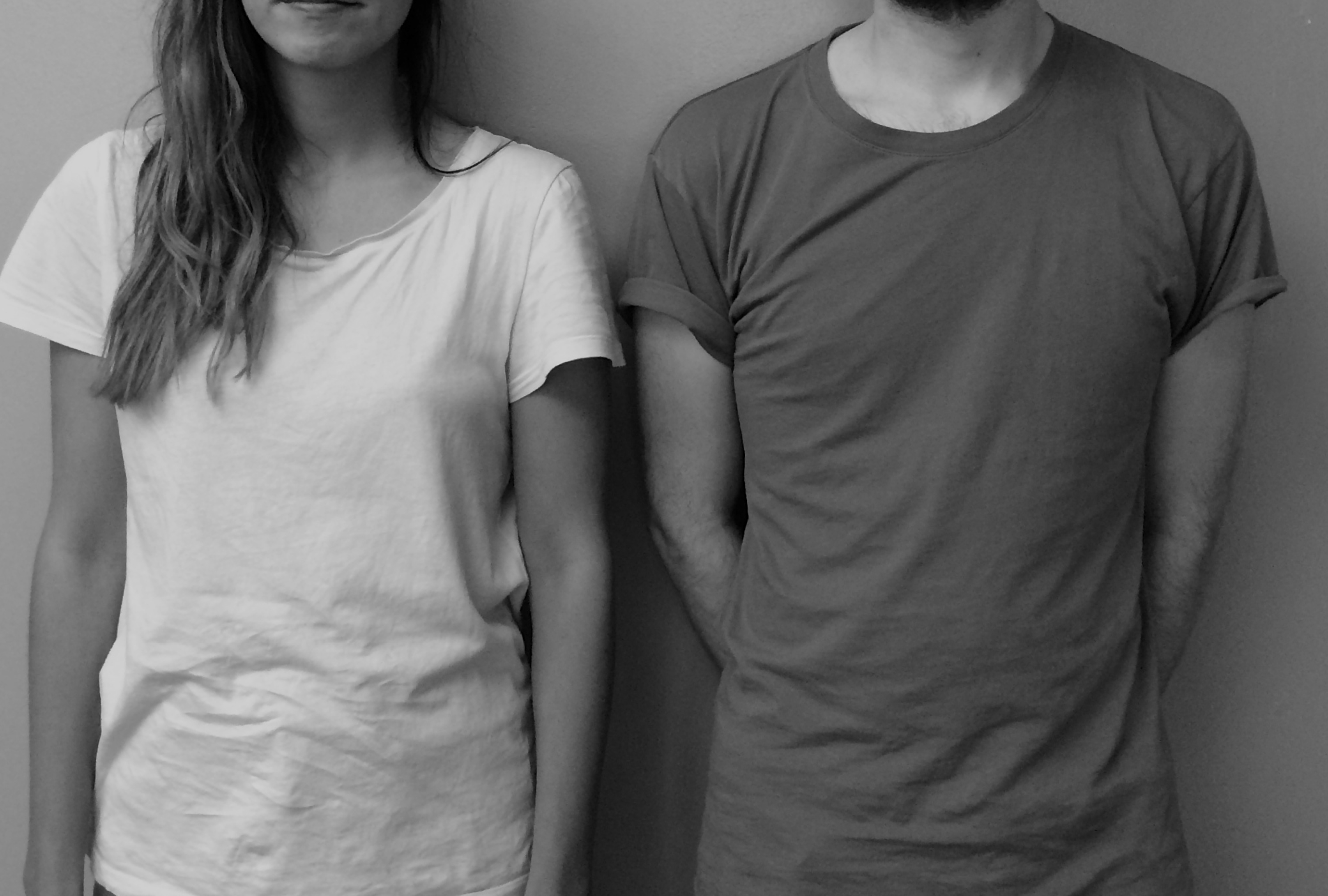
Part of my tutorial duties at the Royal College of Art in London includes interviewing graphic designers for acceptance into the Visual Communication program. It’s a hugely enjoyable part of the job. The course attracts bright, original and maverick designers from around the world. As a faculty we look for non-stereotypical creative thinkers. Mould breakers. Individuals with critically-inclined minds.
So when the College authorities announced that everyone tasked with interviewing prospective candidates had to have ‘unconscious bias’ training, I bristled. I’m not biased. How could I be? I’m a modern metropolitan liberal. I’m free from racial, gender and sexual-orientation bias. None of which, of course, means that I’m free from bias in other areas of my life.
The fact that I class my prejudices and preferences as the attributes of a liberal mind doesn’t make me any less biased than the immigrant-hating, misogynistic, anti-gay right-winger. In reality, thanks to our unconscious minds — those vast repositories of foibles, kinks and irrationality — we are all biased: biased in different ways, but biased nonetheless.
And so, after some petulant foot stamping, I attended a half-day course on unconscious bias. I sat in a seminar room with other RCA staff members, many of them at the sharp end of academic research or creative art and design practice. Surely everyone felt like me?
Our instructor had a regional British accent (think Ozzy Osborne) — it’s an accent that is often the subject of ridicule by comedians, and I detected a bat squeak of British snobbery bubbling up inside me as he spoke. After a moment’s reflection, however, I dismissed my response as contemptible. Later, he mentioned that he had begun his working life as policeman. This time the bat squeak was a hot blast of instant disapproval. But again, after a moment’s thought, I put my bias to one side: ex-cops can be decent human beings too, I told myself.
In fact, without knowing it, I was getting a through-the-microscope view of bias. The unconscious mind responds with Darwinian brutality to anyone not “like us”. It does this at supernova speed, flooding our neural pathways with the quicksilver of disapproval, malice, even hatred. When this happens, most of us can summon up our conscious minds — reaching into the rational, problem-solving parts — to counter such an involuntary outpouring of bias. But it’s not an even contest: the unconscious mind is far larger and crucially acts much faster than our poor, overworked, conscious minds. This makes it easier to give in to the instant neural surge thereby letting our prejudices govern our thinking and actions.
Most of us understand that our first thoughts are not always our best thoughts. We are all capable of mean-spirited, discriminatory thinking, but we're equally capable of dismissing these feelings as Neanderthal and unfit for civilized life. But what made the unconscious bias training session at the RCA so interesting was that our instructor backed up his assertions that bias is omnipresent with hard evidence. He repeatedly cited academic research to justify his claims. He showed how a simple experiment with a job application c.v. had uncovered the most primitive examples of bias. A c.v. with a male name attached was circulated to employers and positive responses were received. When the same c.v. was distributed with a female name, and then again with a Muslim name, the results were largely negative.
I’m glad I swallowed my pride (overcame my bias?) and took this course. It was a small victory for the rational mind. Since doing it, I’ve become more alert to the ecosystem of bias within which I exist. I’ve reduced the time it takes for my rational mind to turn on the stop light and prevent the onrush of reflex thinking.
However, one question has remained unanswered: the question of aesthetic choice. Aesthetics — our design preferences — seem equally hard-wired and reflexive. Yet this is an area where bias is permitted. It’s called taste, and as long as it isn’t accompanied with personal attacks, we're allowed to indulge in this behavior, choosing as we like to exercise our own prerogatives: typefaces, colors, layouts and so forth. On this topic, I can — and will — reserve the right to be aethetically biased. This, it seems to me, is not so much a bias as an inalienable right.
